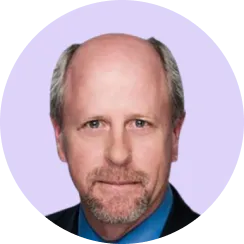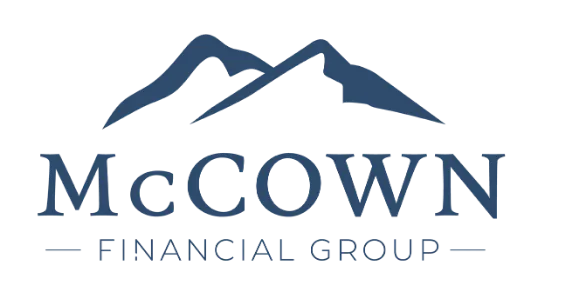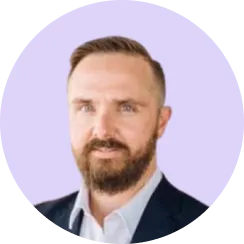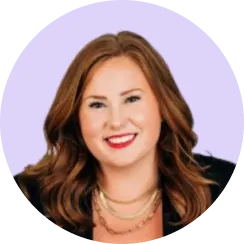WEbinar
Integrate AI into your Financial Practice
April
30
9:00 am
PRESENTED BY
Zocks
x
What if AI could save you an extra 10 hours a week? We are talking about actual time back. Without adding headcount or overhauling your process.
Speakers
No items found.
Thank you! Your submission has been received!
Oops! Something went wrong while submitting the form.
What You'll See:
- How advisors adopt AI, automate workflows, and recover 8–10 hours/week (verify metric)
- Trusting AI to accurately capture data
- Why compliance-ready AI comes at a cost
- Turning static CRM data into dynamic, actionable insights• Use case: AI tagging client interests
- How AI will shape the way you hire
- How AI supports the client handoff to junior advisors
- How Zocks integrates and syncs with your CRM
- Automate the back office, elevate the client experience
- Identifying opportunities with existing clients
- The future belongs to advisors who adopt, not resist
- Guidance for embracing AI as a financial advisor
- Building a tech stack that scales with you
Thank you! Your submission has been received!
Oops! Something went wrong while submitting the form.
WEbinar
Integrate AI into your Financial Practice
April
30
9:00 am
PRESENTED BY
Zocks
x
What if AI could save you an extra 10 hours a week? We are talking about actual time back. Without adding headcount or overhauling your process.
Speakers
No items found.
What You'll See:
- How advisors adopt AI, automate workflows, and recover 8–10 hours/week (verify metric)
- Trusting AI to accurately capture data
- Why compliance-ready AI comes at a cost
- Turning static CRM data into dynamic, actionable insights• Use case: AI tagging client interests
- How AI will shape the way you hire
- How AI supports the client handoff to junior advisors
- How Zocks integrates and syncs with your CRM
- Automate the back office, elevate the client experience
- Identifying opportunities with existing clients
- The future belongs to advisors who adopt, not resist
- Guidance for embracing AI as a financial advisor
- Building a tech stack that scales with you
WEbinar
Integrate AI into your Financial Practice
What if AI could save you an extra 10 hours a week? We are talking about actual time back. Without adding headcount or overhauling your process.
What You'll See:
- How advisors adopt AI, automate workflows, and recover 8–10 hours/week (verify metric)
- Trusting AI to accurately capture data
- Why compliance-ready AI comes at a cost
- Turning static CRM data into dynamic, actionable insights• Use case: AI tagging client interests
- How AI will shape the way you hire
- How AI supports the client handoff to junior advisors
- How Zocks integrates and syncs with your CRM
- Automate the back office, elevate the client experience
- Identifying opportunities with existing clients
- The future belongs to advisors who adopt, not resist
- Guidance for embracing AI as a financial advisor
- Building a tech stack that scales with you
PRESENTED BY
Zocks
x
Speakers
No items found.
Hear why advisors love Zocks











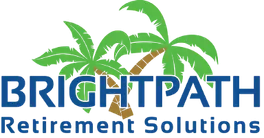






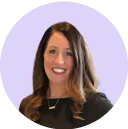







.webp)
























